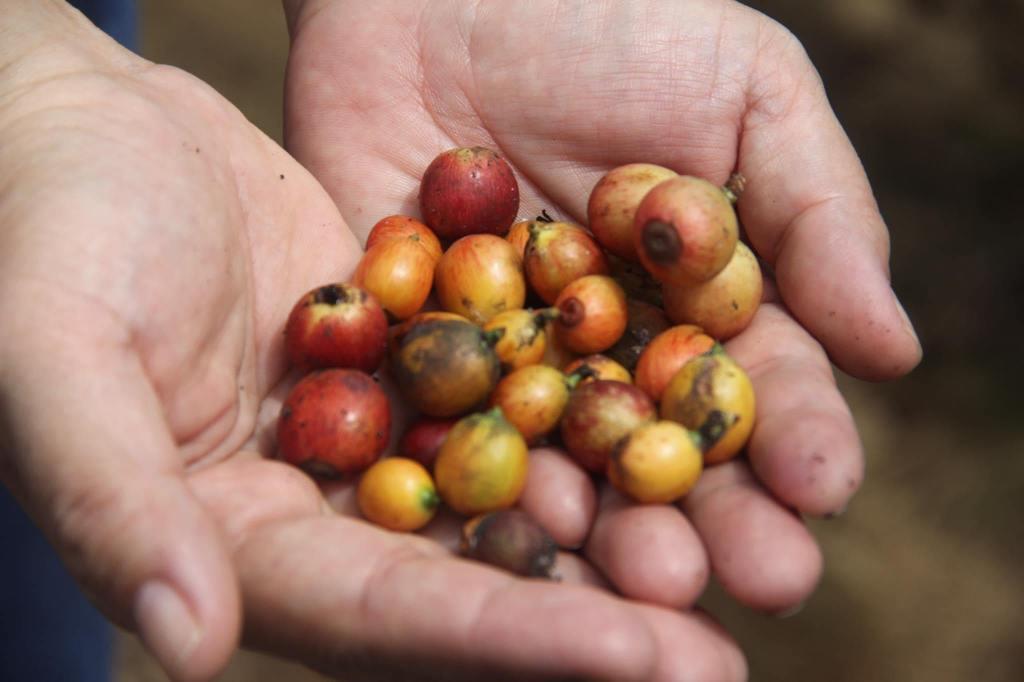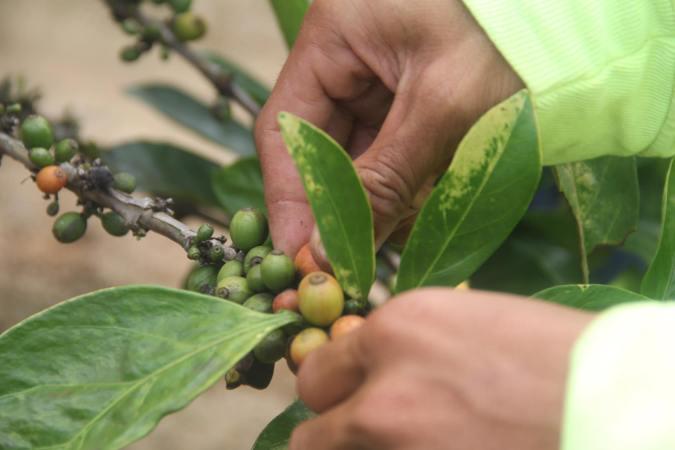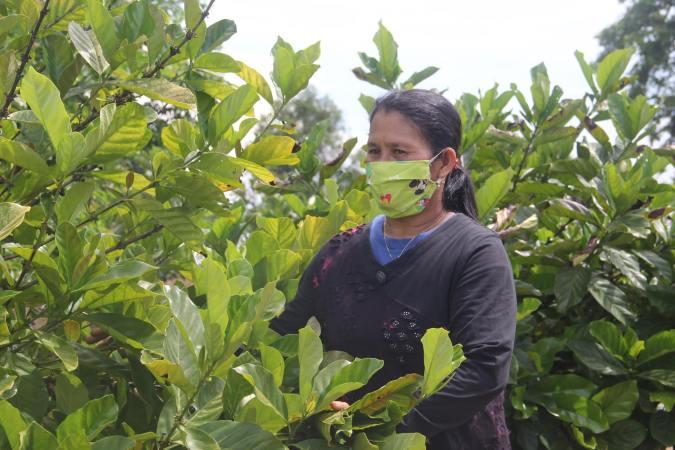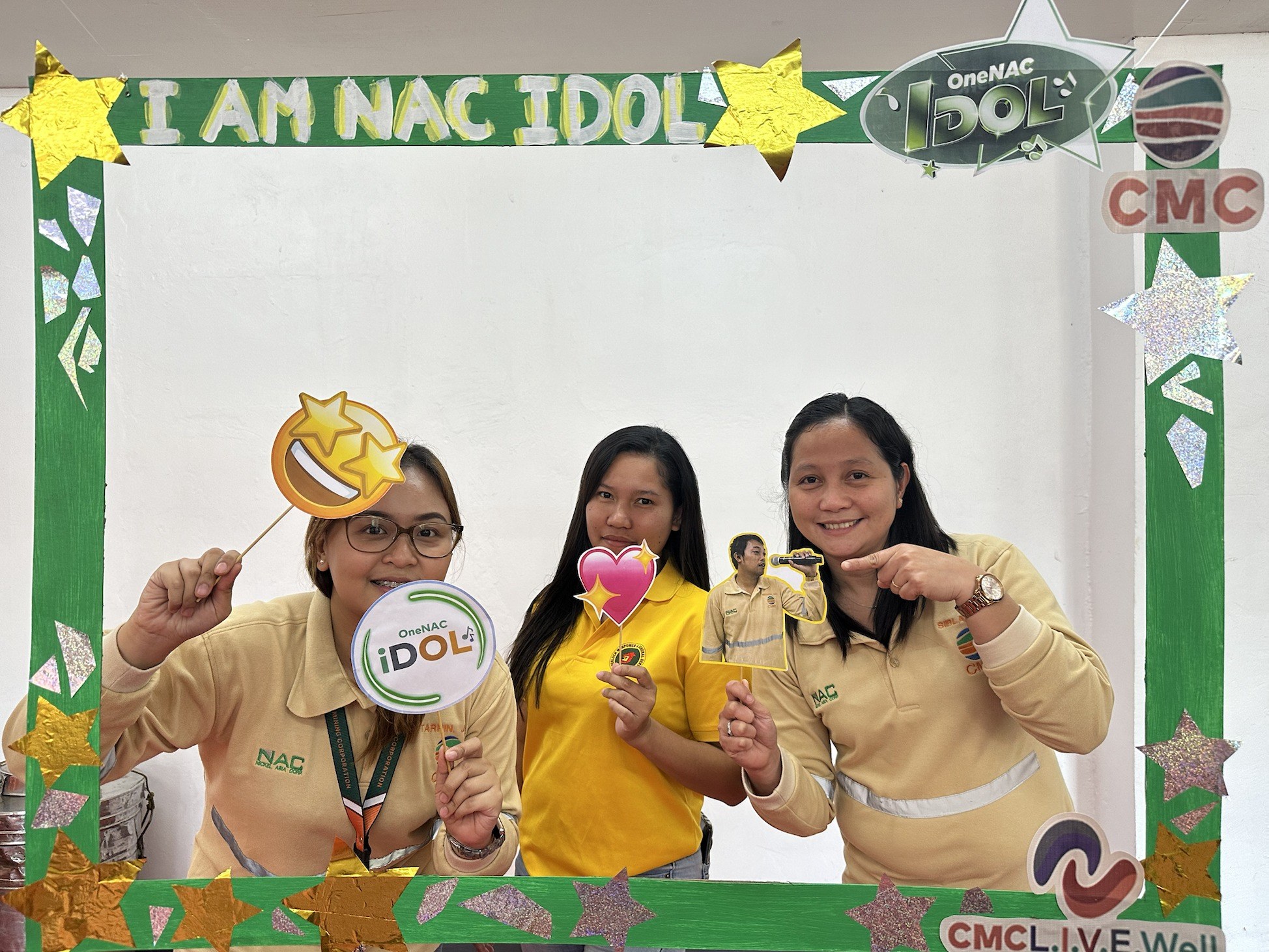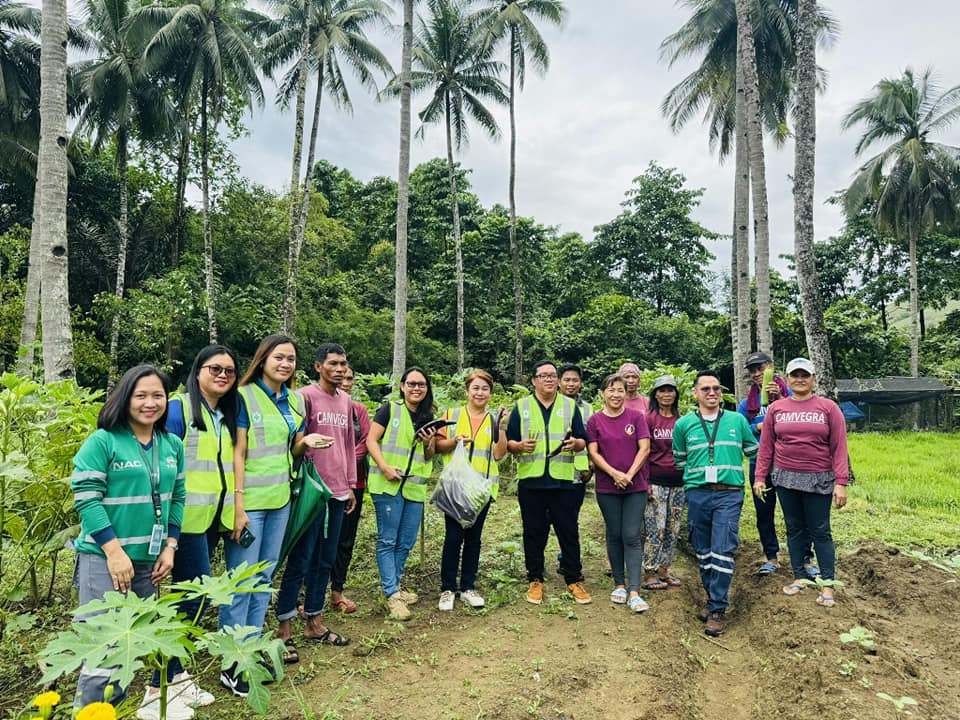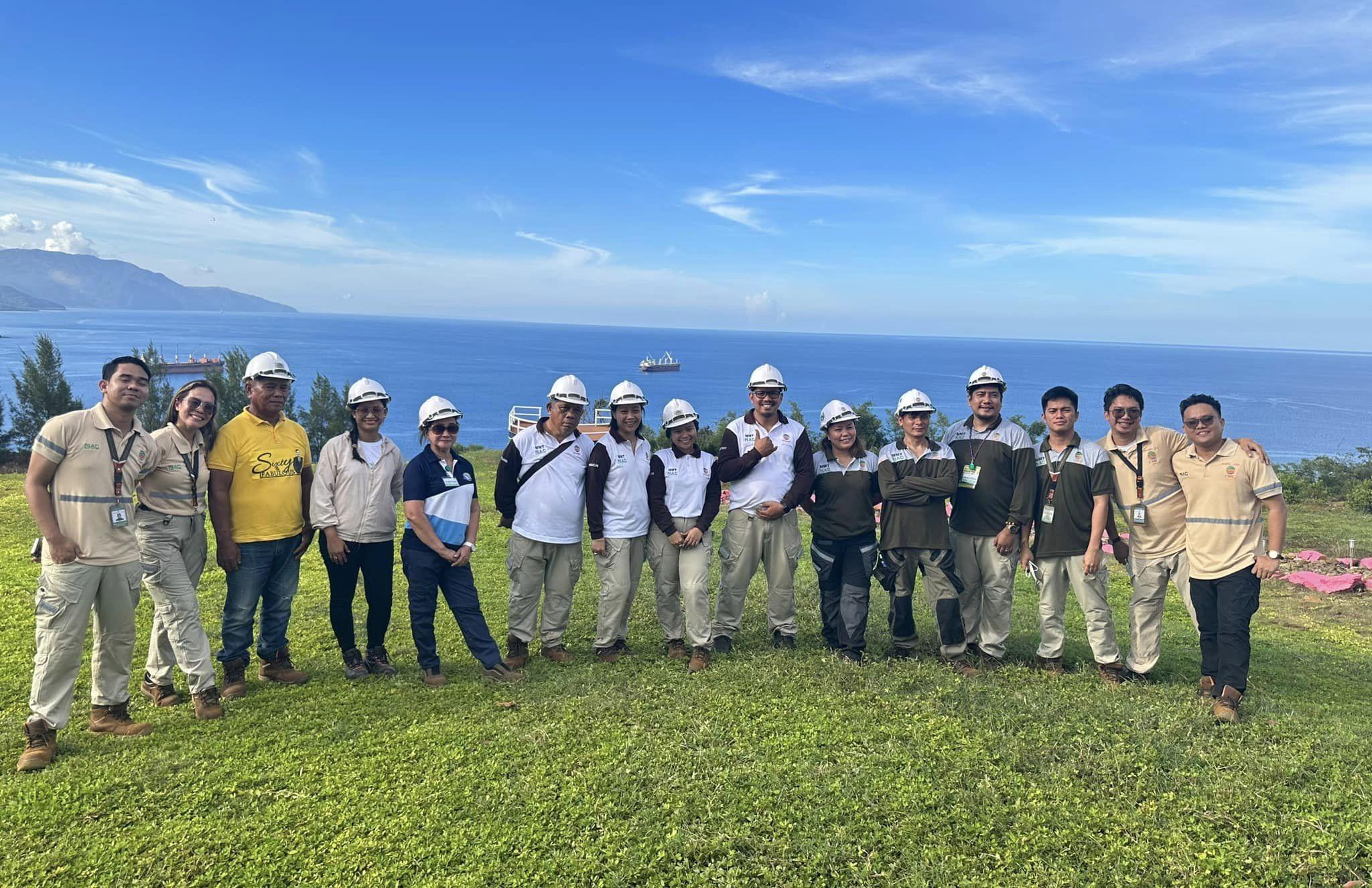Rio Tuba Nickel Mining Corporation (RTNMC) is eyeing the export of local coffee products from plantation sites in Bataraza.
Rio Tuba Nickel Mining Corporation (RTNMC) is eyeing the export of local coffee products from plantation sites in Bataraza.
Jovencio Catadman, Jr., forestry technician of the Mine Environmental Protection and Enhancement department (MEPEO), said since the plantation started in 2015, they have been harvesting coffee cherries consistently.
He added that they were able to harvest a total of 1.7 tons during the harvest months of October 2019 to March 2020.
RTNMC supervises about 200 hectares of plantation in town, with the largest covering 48 hectares located in Sitio Racub, barangay Rio Tuba housing 48,000 Liberica coffee trees.
“Sa ngayon hindi pa namin nilalabas pero kapag lumaki ‘yong production, sakto pa lang din ‘yong na-produce namin para sa mga bisita, ginagawa pa lang namin na token. Looking forward naman (for export) kasi habang tumatagal, lumalaki ang production natin,” he said.
The plantation has 12 employees who manage coffee production from cherries to ground coffee processing.
In the early days the coffee products were mostly given to visitors of the company as token and even employees of RTNMC and Coral Bay Nickel Corporation (CBNC) were buying from them for 50 cents per gram of ground coffee.
Catadman said that the coffee trees are beneficial to their community as a single tree could last from 25 to 30 years.
“Yong variety ng kape natin na barako ay nabubuhay sa mababang level, hindi siya tulad ng Arabica na nabubuhay sa matataas. Dito sa isang puno naka-experience kami na maka-harvest ng almost 10 kilos, kapag maganda yong pag-aalaga sa kanya, maganda rin ang ibibigay niya,” he said.
“Sa ngayon, malaki rin ang demand natin sa coffee, kulang pa nga ‘yong naitatanim ng buong Pilipinas sa demand natin sa coffee. Maganda siyang proyekto lalo na makakatulong sa komunidad,” he added.
Jose Roberto Serrato, landowner, and farmer, technical point man and vice-chairperson of Sandoval Farmers Producers Cooperative (SANFAPCO), who also owns 4,000 coffee trees in a four-hectare land area in Brgy. Sandoval said that his products were purchased by RTN since he has no permanent buyer yet.
“Ngayong taon ay medyo lumaki ang harvest, sa loob ng apat na buwan, ang unang harvest ay nasa 120 kilos sa loob ng isang buwan. Sariwa pa ‘yon, kami na nagbibilad hanggang sa maging kape. Kumpleto tayo sa gamit, pinatulungan ng dalawang kompanya (RTN and CBNC),” he said.
“Kung sa tulong ay napakalaki, gaya ng mga kasamahan ko na inalagaan talaga nang husto ang proyekto ay napakalaking tulong para sa amin. Dati gubat lang ‘yong (apat na hektarya), wala talagang katanim-tanim, nalinisan,” he said.
Serrato shared that having a coffee plantation is beneficial on his part and has given a good effect on their livelihood.
However, coffee trees like most plants also need much support and attention so they would be more productive.
After planting coffee trees, Serrato also added banana trees as additional agricultural products within his area.
Catadman said that the exportation plan is still awaiting decision of the management as to scope, but as of the moment each RTN’s departments would allot their coffee budget in purchasing local products, including those of local farmers like Serrato.
“Sa ngayon, nakadepende siya sa management kung ilalabas lang muna hanggang dito sa Palawan o kung iaabot ng ibang lugar. Ngayon kasi, iyong bawat department ni RTN ay meron silang budget allocation for drinking coffees. Sa ngayon ang gagawin muna, yong budget allocated nila, dito muna sa amin nila bibilhin yong coffee nila na per department, yong maiinom nila ay brewed coffee na, hindi na instant,” he said.

